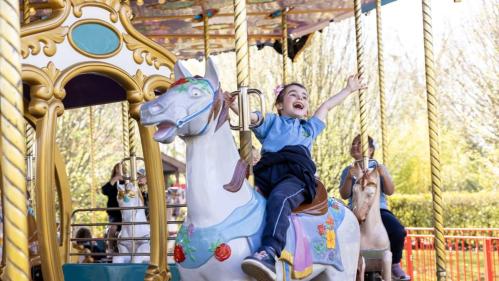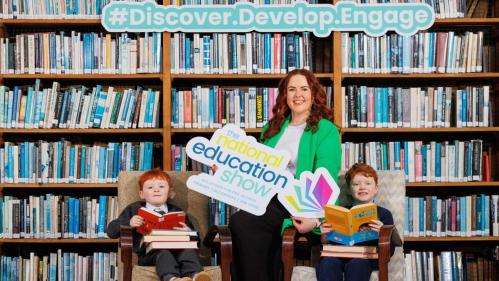Under the Education Act 1998, the Minister for Education and Skills may set down the curriculum for recognised schools. The National Council for Curriculum and Assessment is a statutory body, whose function is to advise the Minister of Education and Skills in matters relating to the curriculum for early childhood education, primary and post-primary schools, and the assessment procedures employed in schools and examinations on subjects that are part of the curriculum. This includes the subjects to be offered, the syllabus for each subject and the guidance and counselling provision to be offered.
Under the Education Act 1998 the Minister:
- Must take into account the desirability of helping schools to provide other subjects that the Board of Management thinks are appropriate
- Must take into account the ethos of the school
- Can give directions to schools to ensure that the subjects and syllabuses are appropriate and relevant to the educational and vocational needs of those schools
- Must ensure that the amount of instruction time given to curriculum subjects is sufficient to allow for reasonable instruction in subjects that are related to the ethos of the school
- Must not force any student to attend classes in any subject that clashes with the beliefs of the parents.
The revised primary school curriculum was introduced into national schools in 1999. It consists of 6 curriculum areas that are further divided into 11 subjects. These are:
- Language: Gaeilge, English
- Mathematics: Mathematics
- Social, Environmental and Scientific Education: History Geography Science
- Arts Education: Music, Visual Arts, Drama
- Physical Education: Physical Education
- Social Personal and Health Education: Social, Personal and Health Education
There are guidelines on the time to be allocated to each of the curriculum areas.
The aims of the curriculum are to ensure that all children are provided with learning opportunities that recognise and celebrate their uniqueness, develop their full potential and prepare them to meet the challenges of the 21st century. The focus is on the child as learner, and the use of a variety of teaching methodologies is an essential feature of the curriculum.
The curriculum aims to foster the development of key skills in communication, problem-solving, critical thinking, inquiry, investigation and analysis, and social and personal awareness and interaction. In particular, it places key emphasis on the acquisition of literacy and numeracy skills.
The curriculum emphasises the need for greater attention to be paid to students with special educational needs and emphasises the importance of achieving functional literacy and numeracy. It also draws attention to the needs of gifted children.
Under Article 22 of the Education Act schools are obliged to "regularly evaluate students and periodically report the results of the evaluation to the students and their parents". In general children's learning and achievement are regularly assessed in primary schools using a variety of tests and other methods. From 2007 all Irish primary schools must administer standardised tests in English and mathematics to their pupils twice during their primary school years as follows:
- At the end of first class or at the beginning of second class and
- At the end of fourth class or at the beginning of fifth class.
The primary school curriculum is set out in 23 documents, consisting of a introduction, 11 curriculum statements and 11 teacher guidelines.Each curriculum statement contains the rationale, aims, objectives, structured content and assessment approaches for each of the 4 class levels: infants; first and second; third and fourth and fifth and sixth. The teacher guidelines are designed to provide resource material to support teaching and learning.The National Council for Curriculum and Assessment (NCCA) has prepared a guide for parents that provides an outline of the broad content and emphases in the curriculum, as well as advice on how parents can support teaching and learning at home and in school.
Source and copyright Irish Government Website.





